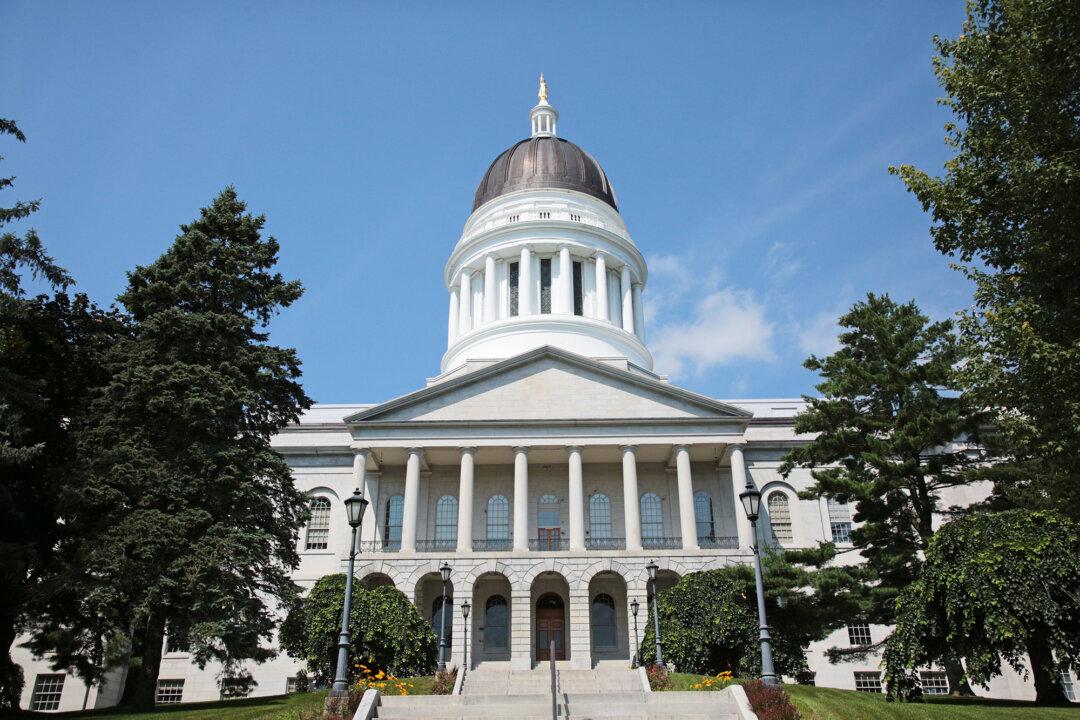A federal appeals court has ruled in favor of a conservative-backed group, concluding that Maine’s restrictions on the release of voter lists violated the National Voter Registration Act (NVRA).
The Public Interest Legal Foundation (PILF) filed a lawsuit in February 2020 after the Maine Secretary of State’s office denied the foundation’s request for a copy of the state’s voter registration file and voting histories in 2019.





